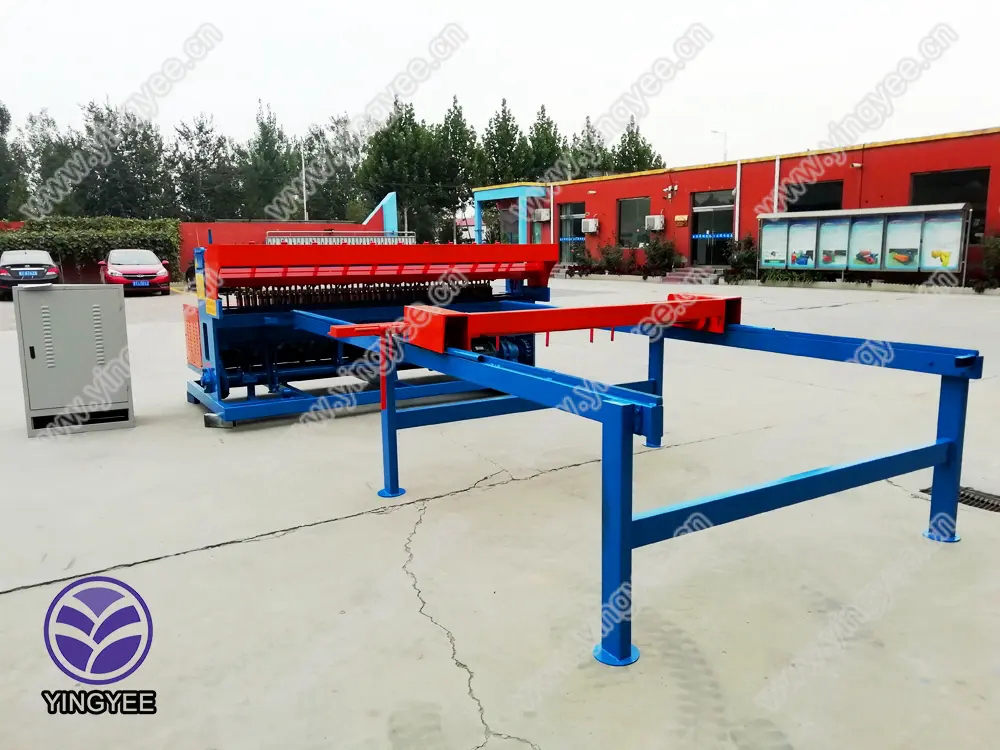
The Advancements in Drywall Forming Machines
In modern construction, efficiency and precision are paramount. One of the essential components in the construction of interior walls is drywall, which provides both structural support and aesthetic appeal. The introduction of drywall forming machines has transformed how drywall is manufactured, significantly enhancing efficiency and quality in construction processes.
What is a Drywall Forming Machine?
A drywall forming machine is a piece of equipment designed to produce drywall sheets from raw materials such as gypsum, additives, and water. The machine automates the entire process, from mixing the raw materials to forming, cutting, and packaging the finished product. This automation minimizes human error and increases production speed, making it a crucial asset for drywall manufacturers.
How It Works
The operation of a drywall forming machine can be broken down into several key stages
1. Material Preparation The process begins with the careful measurement and mixing of gypsum powder with water and other additives. These additives are often included to enhance the performance of the drywall, such as improving its fire resistance or moisture resistance.
2. Forming Once the mixture is prepared, it is fed into a forming station where it is spread onto a continuous sheet. The machine typically consists of rollers and conveyor systems that ensure a smooth and even layer of material is formed.
3. Drying After the sheet is formed, it needs to be dried to eliminate excess moisture. This is usually done through a series of heated drying chambers that allow the gypsum to harden and reach its final form.
4. Cutting and Finishing Once dried, the large sheets of drywall are cut into standard sizes, typically 4 feet by 8 feet. The machine may also include features for finishing edges or adding paper backing, which is essential for the integrity and usability of the drywall.

5. Packaging Finally, the finished drywall sheets are stacked, packaged, and prepared for distribution. Automatic systems can ensure that the packaging is done efficiently, protecting the product for transportation.
Benefits of Using Drywall Forming Machines
The use of drywall forming machines offers several advantages to manufacturers and consumers alike
- Increased Production Speed Automation accelerates the entire production process, allowing manufacturers to meet the growing demand for drywall in an efficient manner.
- Consistency and Quality Control These machines ensure uniform thickness and quality in every sheet produced, significantly reducing defects and enhancing the overall quality of the final product.
- Reduced Labor Costs By automating key processes, manufacturers can save on labor costs and allocate their workforce to other critical areas of production.
- Sustainability Modern drywall forming machines have also been designed with sustainability in mind. They can utilize recycled materials and produce less waste during the manufacturing process.
Conclusion
As the construction industry continues to evolve, drywall forming machines play a fundamental role in meeting the demands of modern building projects. With improvements in technology, these machines provide manufacturers with the ability to produce high-quality, consistent drywall efficiently and sustainably. The integration of automation in drywall production not only fosters innovation within the industry but also supports the growing call for eco-friendly practices in construction. As the market evolves, the drywall forming machine will undoubtedly be at the forefront, shaping the future of interior construction materials.